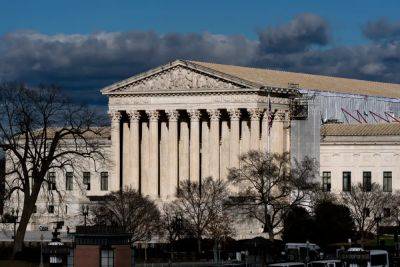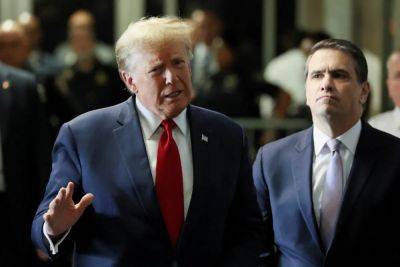GOP Social Media Censorship Laws Are Headed To The Supreme Court. These Liberal Law Professors Don’t Want Them Struck Down.
In 2021, Republicans in Florida and Texas enacted new laws limiting the ability of social media companies to moderate and remove content from users. The laws came amid a wave of real and perceived censorship of conservative viewpoints on sites like Facebook, Twitter, Instagram and YouTube, including the removal of former President Donald Trump from such sites following his attempt on Jan. 6 of that year to illegitimately remain in power.
The laws were broadly opposed by Democrats and the tech industry, which sued in federal court to have them found unconstitutional. Those cases, known as Netchoice v. Paxton and Moody v. Netchoice, will be heard by the Supreme Court on Feb. 26.
But in a brief filed with the court, a host of left-leaning lawyers and historians argue that while the laws at issue may have serious flaws, the remedy offered by the tech companies would, in many ways, be even worse. The brief was organized by the anti-monopoly group American Economic Liberties Project and joined by former White House economic adviser Tim Wu, former Democratic Party political candidate Zephyr Teachout, pioneering internet law professor and onetime Democratic presidential candidate Lawrence Lessig, Columbia University history professor Richard John and Emory University law professor Matthew Lawrence.
“There’s a bigger issue going on here,” Lessig says. “And that’s whether the First Amendment is going to be used to disable all regulation of life online.”
At issue is how the court should conceive of digital platforms and whether they should be regulated like communications infrastructure, like shopping malls or like newspapers, which have “editorial discretion” in deciding what content is published or promoted on their pages.







